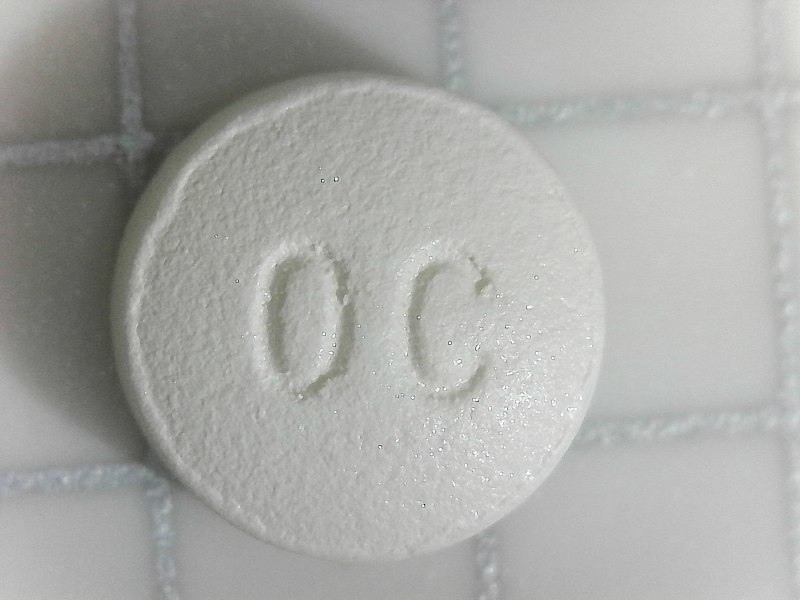A tentative lawsuit settlement that would have one of the nation's largest drug manufacturers pay out as much as $12 billion received the thumbs up from Ohio Gov. Mike DeWine, though officials in other states are less enthusiastic.
The lawsuit against Oxycontin manufacturer Purdue Pharma involves more than 2,000 municipalities across the country, as well as states such as Ohio hit hard by the opioid epidemic.
The proposed settlement is being floated a month and a half before a trial regarding the suit, which also involves other drug manufacturers, distributors and retailers, is set to kick off in federal court in Cleveland. Three other drug manufacturers have already settled with Cuyahoga and Summit counties in that suit.
The potential settlement with Purdue would likely see the company declare bankruptcy and then be reconstituted as a for-profit trust with a new board that does not include current owners the Sackler family. Profits from drug sales would then go to the municipal and state plaintiffs in the case for use fighting opioid addiction — a scourge that has cost local and state governments billions over the course of the addiction crisis.
The lawsuit argued that Purdue Pharma knew its opioids were highly addictive, but produced materials downplaying that risk. The settlement does not involve an admission of wrongdoing.
"While it took far too long, Purdue Pharma has finally settled so that they can begin paying to clean up the mess they created when they worked to convince the public that their prescription opioids were not addictive," DeWine said in a statement. "They were addictive, and tens of thousands of Ohioans have died or had their lives destroyed by those addictions. The collateral damage has been significant: traumatizing children, stretching our foster care and social service systems excruciatingly thin, and increasing the burden on law enforcement."
In that statement, DeWine also reiterated broad strokes of the plans the state has for its share of the money.
"The plans I have laid out regarding prevention education, treatment, law enforcement task forces, and support to our local governments and social services should be further funded through this settlement so it can immediately begin making a positive impact from across Ohio. Money from this settlement must be used to fund our long-term commitment to reducing substance use disorders and improving the health of vulnerable Ohioans."
One part of the proposed settlement would include payments totaling $3 billion over seven years from the Sackler family. But some states want to do more by going after a larger chunk of the family's reported $13 billion in assets. Attorneys for Delaware, Virginia and New Mexico have filed suit against some family members directly. Attorneys general in other states including Connecticut, Massachusetts, New Jersey, New York and Pennsylvania have not signed on to the proposed settlement because they also want the Sackler family to contribute more.
It is unclear whether the Sackler family would be exempted from further legal action by the settlement.
In Ohio, there is also a debate about which governmental bodies will administer the money. Ohio Attorney General Dave Yost filed in court to have the state oversee Ohio's portion of the settlement, but some municipalities have protested that move.
Purdue's board must still approve the settlement proposal.
"Purdue Pharma continues to work with all plaintiffs on reaching a comprehensive resolution to its opioid litigation that will deliver billions of dollars and vital opioid overdose rescue medicines to communities across the country impacted by the opioid crisis,” the company said in a statement.






